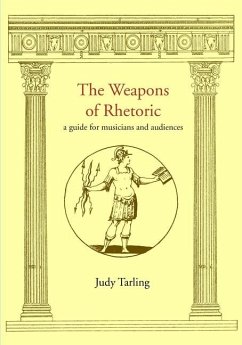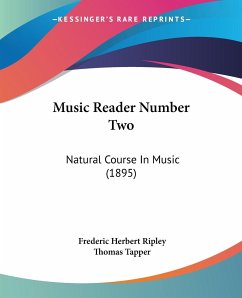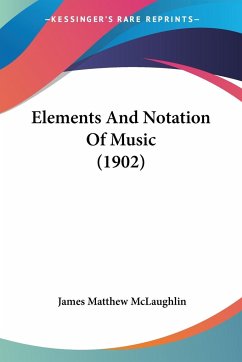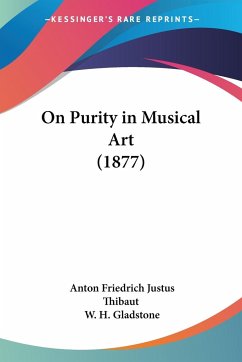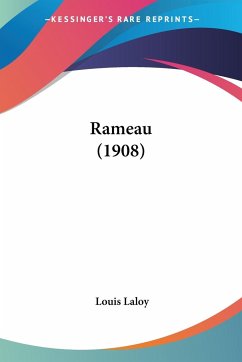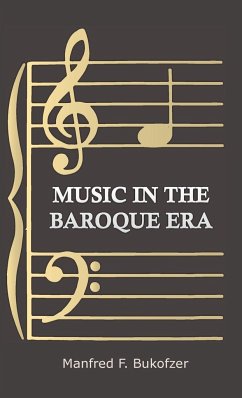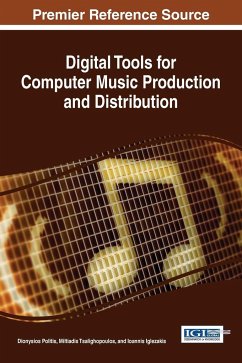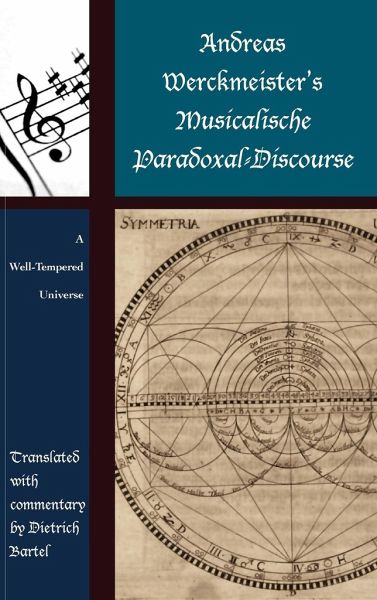
Andreas Werckmeister's Musicalische Paradoxal-Discourse
A Well-Tempered Universe
Versandkostenfrei!
Versandfertig in 1-2 Wochen
107,99 €
inkl. MwSt.
Weitere Ausgaben:

PAYBACK Punkte
54 °P sammeln!
This book provides extensive commentary and an English translation of 17th-century German music theorist Andreas Werckmeister’s final treatise, the Musicalische Paradoxal-Discourse. Topics discussed include theological reflections on music, numerology in musical intervals, music notation and solmization, and tunings.






